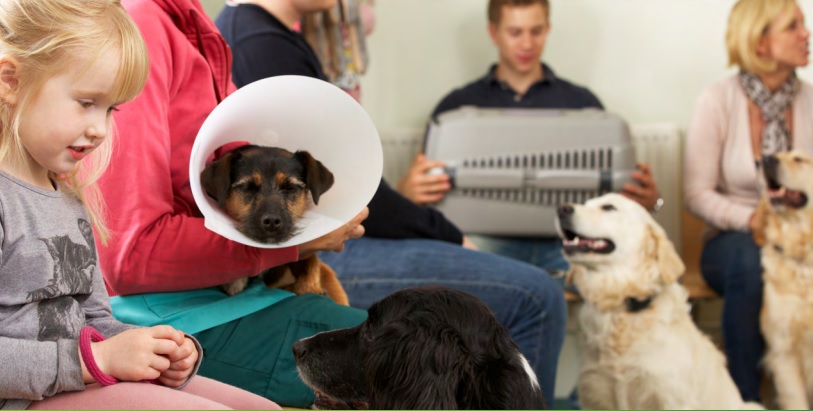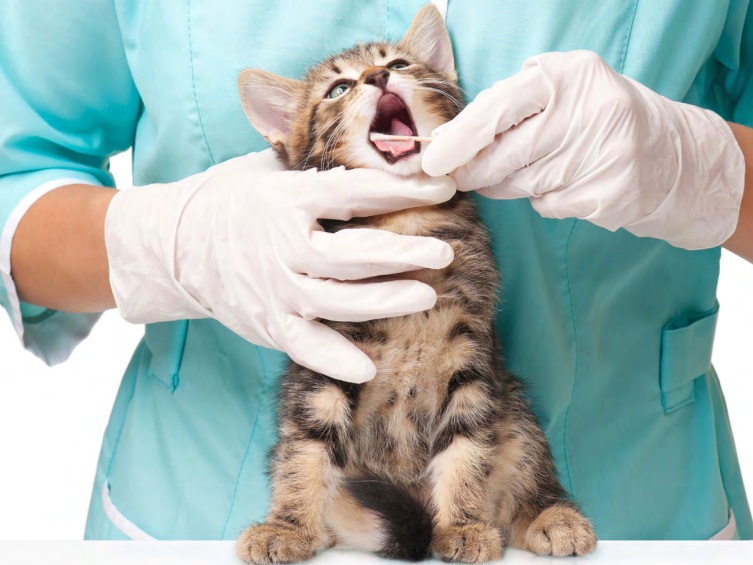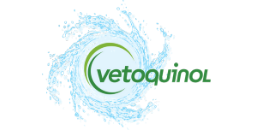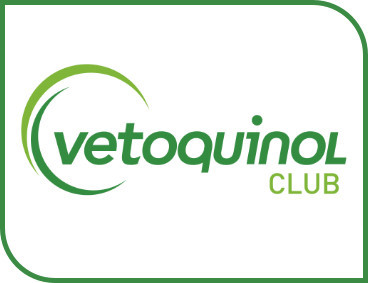What is biosecurity?
Biosecurity includes all of the measures and protocols taken to protect animals and humans from the introduction and transmission of pathogens within the same environment.
A good cleaning and disinfection program will help to:
► Deter and prevent the introduction of harmful organisms
► Control environmental pathogens
► Reduce and prevent the transmission of infectious diseases
► Improve safety for humans and animals within the clinic

WHAT TO EXPECT FROM THIS PROGRAM?
We will review the following topics:
- ► Organic contamination and mineral deposits
- ► The importance of using a cleaner
- ► Principles of disinfection
- ► Cleaning and disinfection steps
- ► Risk assessment
- ► Application and equipment
- ► Frequently asked questions
- ► Biosecurity references

TABLE OF CONTENTS
1 ► PRINCIPLES OF CLEANING
Biofilm
Mineral deposits
What is a cleaner?
Selection of an appropriate cleaner
2 ► PRINCIPLES OF DISINFECTION
Sensitivity to disinfectants
All disinfectants are not created equally
3 ► CLEANING AND DISINFECTION STEPS
Removal of organic material
Cleaner application
Disinfection
4 ► CLEANING AND DISINFECTION STEPS FOR ANIMAL HOUSING
Runs and kennels
Cages
Large animal stalls
Calf crates
5 ► RISK ZONES WITHIN THE CLINIC
Low risk
Intermediate risk
High risk
6 ► APPLICATION METHODS
Spraying versus foaming
Equipment
Dedication of equipment by risk zone
Footwear disinfection
7 ► VETOQUINOL CLEANING AND DISINFECTION PRODUCTS
Vetoquinol Cleaners
Biosolve™ Plus
Biosolve™ AFC
Vetoquinol Disinfectants
Virkon®
BioSentry® 904
Clinicide
8 ► FREQUENTLY ASKED QUESTIONS
9 ► BIOSECURITY REFERENCES
QUIZ ► TEST YOUR KNOWLEDGE
Vetocontact
Access restricted to veterinarians


